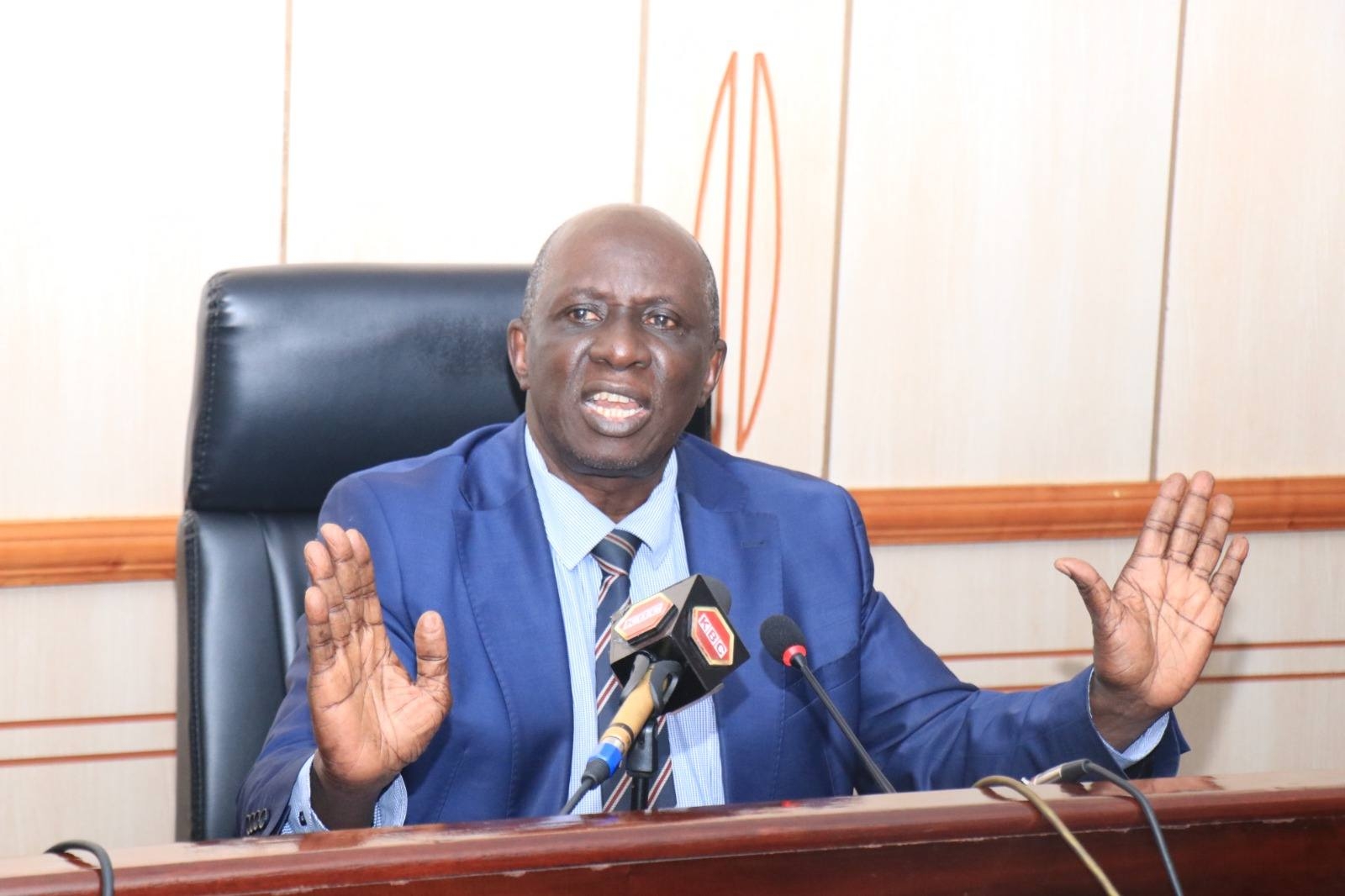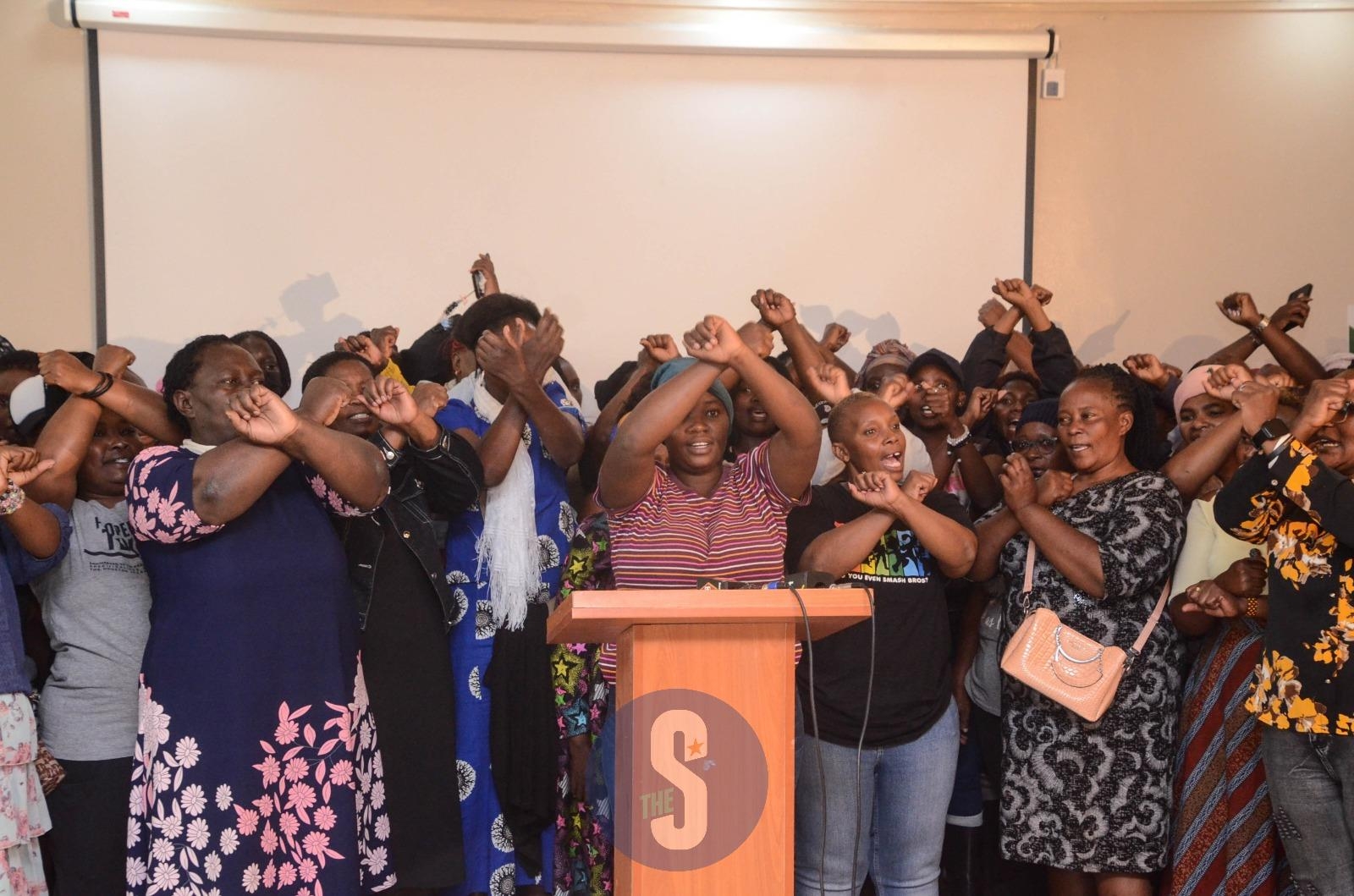It is no secret that there have been tensions between the two houses of our Parliament.
There have even been court cases between them. The main issue has related to the role of the Senate over bills affecting counties. Basically the Senate’s complaint has been that the National Assembly (NA) failed to involve the Senate when it should have done so.
Perhaps the greatest public interest was prompted by the High Court’s declaring 23 Acts of Parliament unconstitutional because the issue of whether the Senate should have been involved had not been addressed. It also declared some National Assembly Standing Orders unconstitutional. The Court of Appeal reduced the number of Acts and Standing Orders declared unconstitutional, but the principles remained.
Tension between the two chambers of our Parliament was foreshadowed in the parliamentary committee that made so many unfortunate changes in the draft Constitution – including radically changing the system of government. It wanted the Senate to be called the Lower House of Parliament. (In many countries a similar body is informally called the upper house – for reasons like higher minimum ages, social status, the factor that mostly it looks at laws first passed by the other house). The draft Constitution the committee considered did not use any such expressions.
That committee also removed from the constitution a limited power of the Senate to consider bills not concerning counties.
It is unfortunate that petty rivalries have continued into the period of implementing the constitution. (We see it also between senators and governors.)
Senate’s role
We have a Senate because we have devolution. Its fundamental role is to protect the system of devolution and the interests of the counties. It only has a role in the passing of new laws if they concern counties (or the Senate’s own workings and role). It has an equal role with the NA in passing constitution amendment bills, and a major role in impeachment of a President – it tries the President who is accused by the National Assembly. It does the same for governors accused by their MCAs.
Many countries have second chambers because they have two levels of government. And those second houses are often, like ours, composed of equal representation from each lower level unit. However, those other second houses often play a part in making any law – not just those affecting the system of devolution or decentralisation or federalism. The Building Bridges Initiative wanted to return such a power to our Senate. (Makau Mutua – last Sunday’s Nation - wants the Senate abolished.)
The South African Constitution influenced ours. Their second chamber is involved in all bills, but has more influence when they affect the provinces.
A Bill
The National Assembly has invited public comment on the Houses of Parliament (Bicameral Relations) Bill, giving us a generous 13 days from the media advertisement (only 10 days from the first day you might read this).
The constitution says that, if the two houses disagree about a bill, a mediation committee involving people from both houses must try to resolve the disagreement. There is no procedure to resolve disagreement about whether the Senate ought to be involved at all over a bill. While the constitution insists that disagreements between governments should go to court as a last resort only, there is no such provision for other government organs that disagree with each other.
A main aim of the Bill, I think, is to stop cases where the Senate and the National Assembly differ on issues ending up in the courts. One clause in the Bill provides that if one House does go to court the party bringing the case must show the court that efforts to seek agreement have been made and failed.
I suspect the Bill is not just about National Assembly/Senate relations but also about the former’s distrust of the courts and resentment at their ability to say Parliament has acted unconstitutionally.
What might be reasonable?
Because our constitution drew partly on that of South Africa, an obvious question is: What happens there?
They have a similar necessity to decide what route a bill must take. They call this process “tagging” a bill and set up the “Joint Tagging Mechanism”, a committee comprising the Speaker and the Deputy Speaker of the National Assembly and the chairperson and Permanent Deputy Chairperson of the National Council of Provinces (closest to our Senate). This decides the question by consensus, but gets legal advice from the parliamentary law adviser.
And in the first Kenyan Supreme Court case on this issue in 2013, the court said, “It is also possible for the two Chambers to establish a standing mediation committee, to deliberate upon and to resolve any disputes regarding the path of legislation to be adopted for different subject-matter.” It was insistent that mediation was the right approach.
In that case the court quoted, approvingly, from the Report of the Task Force on Devolved Government, about how the constitution defines the role of the Senate:“This is a very broad definition which creates room for the Senate to participate in the passing of bills in the exclusive functional areas of the national government, for as long as it can be shown that such bills have provisions affecting the functional areas of the county governments.”
In other words, it is not just about the technical borderline between the law making powers of the national and county governments, but about whether the Bill to be considered would affect the work of the counties. A wise approach.
Reading the Bill
I don’t want to bore you even more with analysis of the language of the Bill, but to point to one or two issues. The truth seems to be that the National Assembly is still fighting the battles.
It would surely have been logical to say that as soon as a Bill is presented to one House the Speaker must look at it and think about whether it concerns county government. Then the Speaker should contact the other Speaker so ensure that they can agree on the issue.
Instead the Bill uses the worst sort of archaic legal language to obscure the issue: the Speaker may “become seized” of the question about concerning county government. And then must contact the other Speaker. “Becoming seized” of a question means to get responsibility to decide it. Nothing to say the Speaker must look at it. By what mysterious forces might they become seized of it?
If the two Speakers disagree on the procedure they are supposed to bat it back and forth a bit, and then may (no requirement) jointly appoint a body of people to advise. Why not have something like the South African Joint Tagging Mechanism to deal with it from the beginning?
The Bill also says all this does not apply to various Bills including “a Bill not concerning county government.” But the whole issue is whether the Bill does concern county government! A clear effort to allow the National Assembly Speaker to decide alone that a Bill does not have to go to the Senate, undermining the whole idea of the Bill.
It also mentions a few Bills where the rule is clear – but notably does not mention the annual Division of Revenue Bill which the Supreme Court has twice said must go to the Senate as well as the National Assembly.
The role of both houses is important. Undoubtedly it will be good if Parliament does not have to fight its battles through the courts. It would be even better if they did not have battles and operated as the Supreme Court urged in 2013.
It said that the Constitution, “requires every State agent to grapple, in good faith, with assigned obligations, and with a clear commitment to inter-agency harmony and co-operation. No State agency, especially where it is represented by one person [like a Speaker], should overlook the historical trajectory of the Constitution, which is clearly marked by transition from narrow platforms of idiosyncrasy or sheer might, to a scheme of progressive, accountable institutional interplays.”















